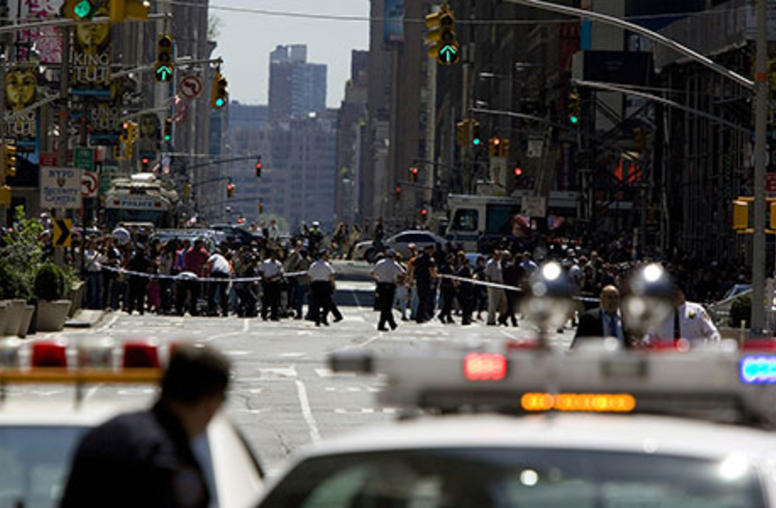Cote d'Ivoire and the Crisis of Elections in Africa
Cote d'Ivoire is at an impasse following the November 28 presidential run-off election between incumbent President Laurent Gbagbo and opposition leader Alassane Ouattara. Panelists will discuss current developments in Cote d'Ivoire and their potential impact on efforts to organize credible elections in Africa.
